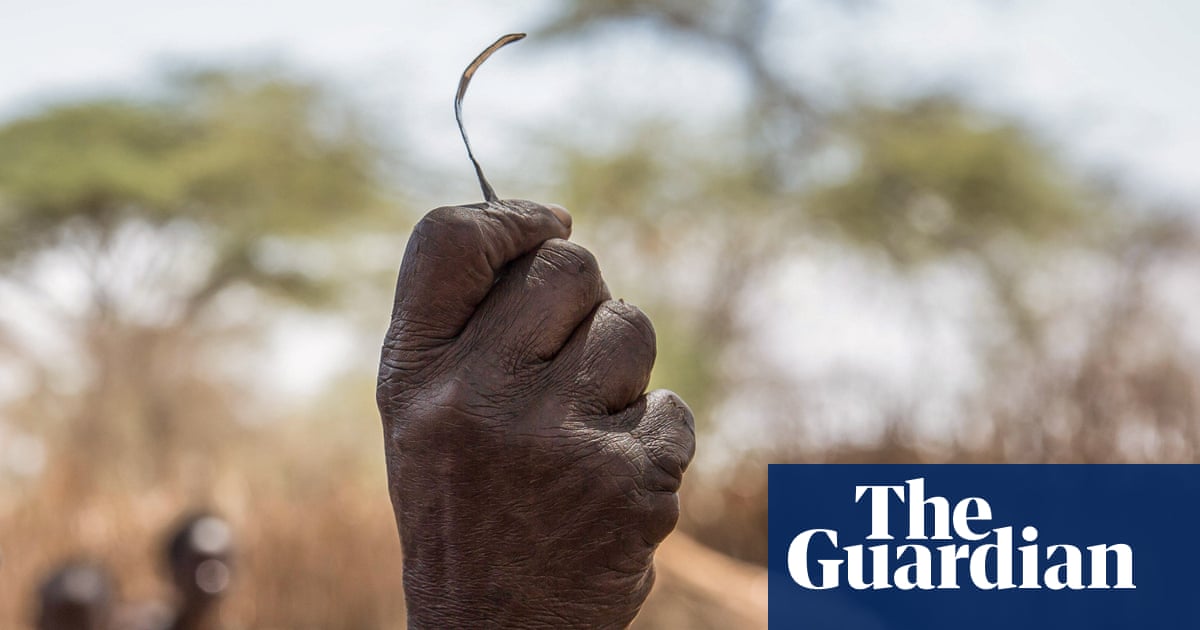Progress to prevent female genital mutilation needs to be ‘27 times faster’, says UN
The number of girls and women who have undergone female genital mutilation (FGM) has increased by 15% in the past eight years, according to new data.
Figures released by the UN children’s agency, Unicef, show that more than 230 million girls and women alive today have undergone FGM, compared with 200 million in 2016. The trend is towards girls being cut at a younger age, said Unicef executive director Catherine Russell.
“Female genital mutilation harms girls’ bodies, dims their futures, and endangers their lives,” she said. “We’re also seeing a worrying trend that more girls are subjected to the practice at younger ages, many before their fifth birthday. That further reduces the window to intervene. We need to strengthen the efforts of ending this harmful practice.”
Work to eliminate the practice by the UN’s target date of 2030 would need to be happening 27 times faster than it is now, Unicef said. FGM is not becoming more common globally, but more girls are being born in FGM-practising countries in comparison with the rest of the world.



same can be said for girls. That actually one of arguments why Dr. Kellogg want to circumcise every baby ass soon as possible. It would normalize the appearance, they would never know something was missing. Talk to guy that were cut in their teens and ask them if miss it. Here is a hint you will find a lot of yeses. But you wiki quote would make male circumcision type 1-a. So even its not that different.